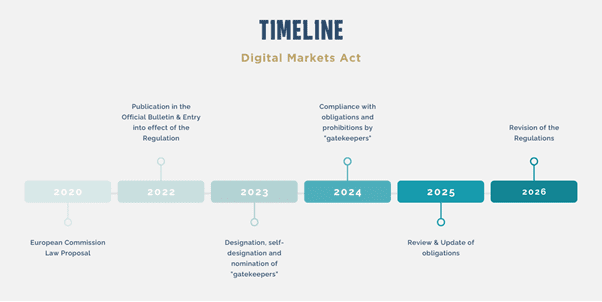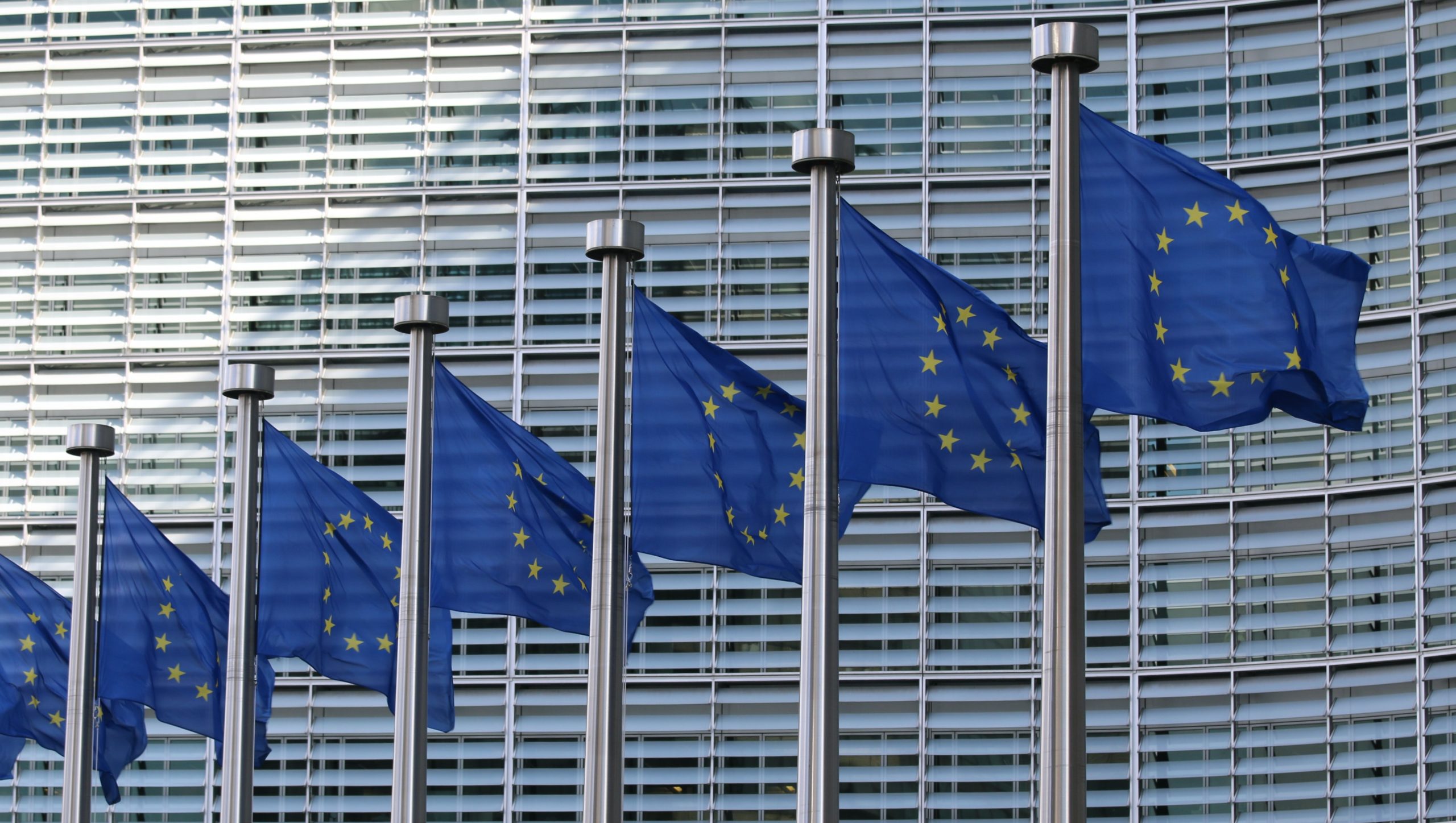The European Commission has initiated the implementation of a legal framework to regulate digital markets with the Digital Markets Act (DMA) of September 14, 2022, progressively applicable from May 2, 2023. Internet giants, such as OTAs in the hotel sector, will have to comply with a set of obligations and prohibitions or face heavy fines.
NB: This is an article from Cendyn, one of our Expert Partners
Subscribe to our weekly newsletter and stay up to date
The European Union (EU) aims to break the hegemony of these behemoths by imposing rules that will benefit both European businesses and Internet users. According to HOTREC, the three giants of the OTA market are Booking Holding, Expedia Group, and HRS Group, with a combined market share of 92%.
The aim is to promote fairer competition between all digital players while encouraging innovation within the digital economy. The first impacts of these measures should be felt as early as the first quarter of 2024. This new European legislation could empower hotels and change the nature of relationships with online travel agencies. In this article, we explain what the DMA is and what impact it could have on the hotel industry.
What is the Digital Markets Act?

DMA objectives
The aim of digital market regulation is to ensure fairness between digital players and to protect Internet users. The DMA is intended to combat the anti-competitive practices of the major technology platforms designated as “gatekeepers” of access to information. The goal is to correct the imbalances in their domination of the European market.
These major players have acquired a quasi-monopoly position: according to the European Commission, over 10,000 online platforms operate in Europe, but only the largest capture most of the value. As a result, a series of obligations and prohibitions have been put in place for these gatekeepers in order to:
- Open up competition, in particular for the benefit of SMEs and start-ups
- Boost innovation, growth, and competitiveness
- Offer consumers greater freedom of choice
With this legislation, the EU aims to become a global role model in the digital economy industry.
Applicable sanctions
The legislation also includes regular monitoring and strict checks to ensure compliance by gatekeepers. In the event of a breach, the European Commission will have the power to impose severe sanctions, as well as bans on specific behaviors. Specifically, it will be empowered to impose fines of up to 10% of global annual sales in the event of proven non-compliance with the new regulations, and up to 20% in the event of a repeat offence. It will also be able to impose penalty payments of up to 5% of its total worldwide daily sales.
What is a “gatekeeper” according to the European Commission?
The DMA regulation focuses specifically on companies that act as gatekeepers at the Internet entrance. These players, whether based in Europe or elsewhere, have a significant impact on the internal market. They serve as major access points for end-user companies seeking to reach their customers, and they hold a solid, sustainable position.





